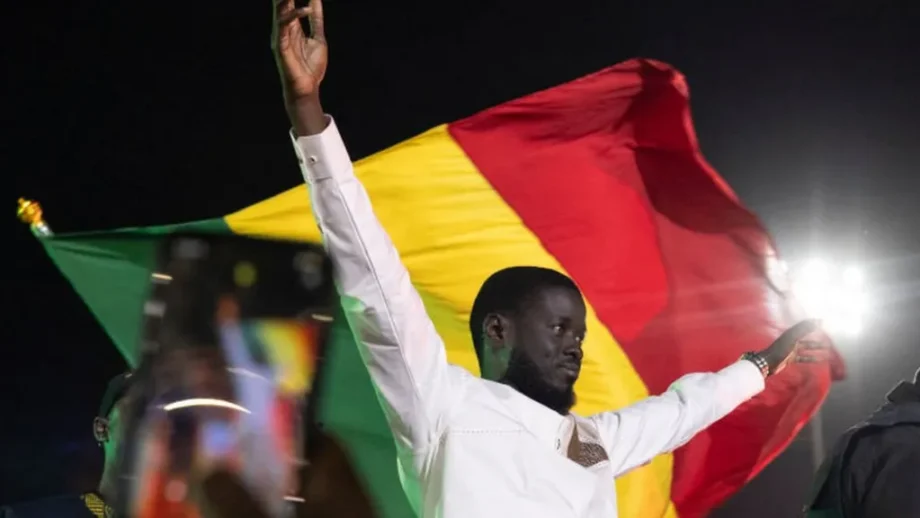Bassirou Diomaye Faye’s remarkable journey marks an unexpected twist in Senegalese politics.
After a period of imprisonment along with his ally Ousmane Sonko, he is now affectionately called Mr. Clean and is ready to initiate the reforms he has promised.
Known for his methodical and modest approach, Bassirou Diomaye Faye, who turns 44 soon, hails from a rural background and values his roots in Ndiaganiao.
His grassroots connection contrasts sharply with his skepticism towards Senegal’s political elite.
Despite criticism over his lack of political experience, Faye aims to address the failures of past administrations and prioritize combating poverty, injustice, and corruption.
He also plans to renegotiate crucial deals in gas, oil, fishing, and defense for the benefit of Senegal’s population.
Pledging to introduce significant changes and cut ties with France, Faye’s plans include replacing the CFA franc with a new regional currency.
The incoming president is also focused on strengthening the judiciary, promoting job creation for the youth, and learning from the mistakes of the past administration.
With support from key figures like former President Abdoulaye Wade, Faye’s unexpected journey from imprisonment to presidency represents a significant moment in African politics.
‘Bassirou is me’
Bassirou Diomaye Faye was named the substitute candidate in February, replacing the prominent opposition figure Ousmane Sonko. Sonko proudly stated, “I would even say that he has more integrity than me.”
Both individuals co-founded the now-dissolved Pastef party, worked as tax collectors, and were imprisoned last year on politically motivated accusations.
Due to Sonko being convicted of two offenses and subsequently barred from the election, Faye took his place.
Sonko recently told supporters, “Bassirou is me.” Their Pastef colleague Moustapha Sarré agreed, calling them two sides of the same coin.
There has been criticism that Faye is seen as “president by default,” which analysts refute, suggesting their partnership may introduce a new leadership style.
There is a possibility they could form a tandem and move away from the traditional hyper-presidential model, says analyst Mr. Tine.
Faye, initially uninterested in politics, attributed his childhood inspiration to the late Senegalese historian Cheikh Anta Diop, known for his Afrocentrism advocacy.
Faye’s victory celebration in Dakar prompted car horns honking and people singing loudly, yet international markets reacted negatively to concerns about the country’s business-friendly policies under Faye’s rule.
The election, postponed by Mr. Sall, faced opposition protests and a democratic crisis, but Senegal’s citizens were determined to exercise their voting rights despite the shortened campaign period.
Analysts and observers like Christopher Fomunyoh believe that Senegal is on the path to strengthen its democracy and resilience through self-correction.
The challenges ahead for Senegal’s new leader are just beginning.
SOURCE: bbc.com




